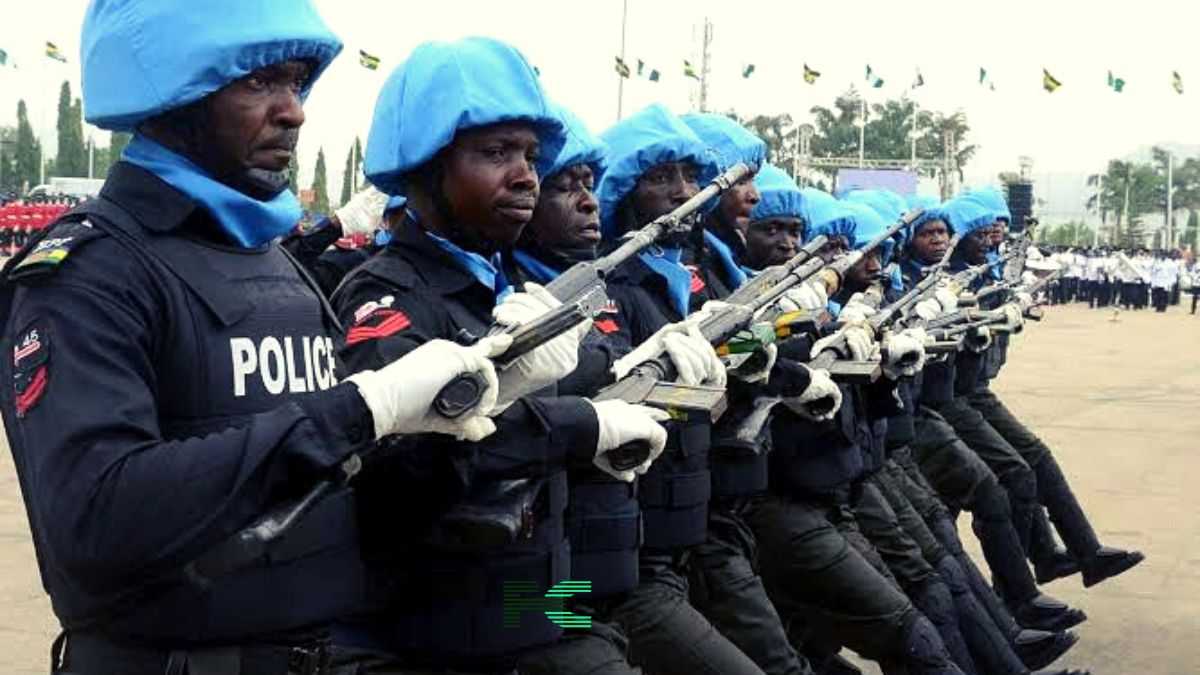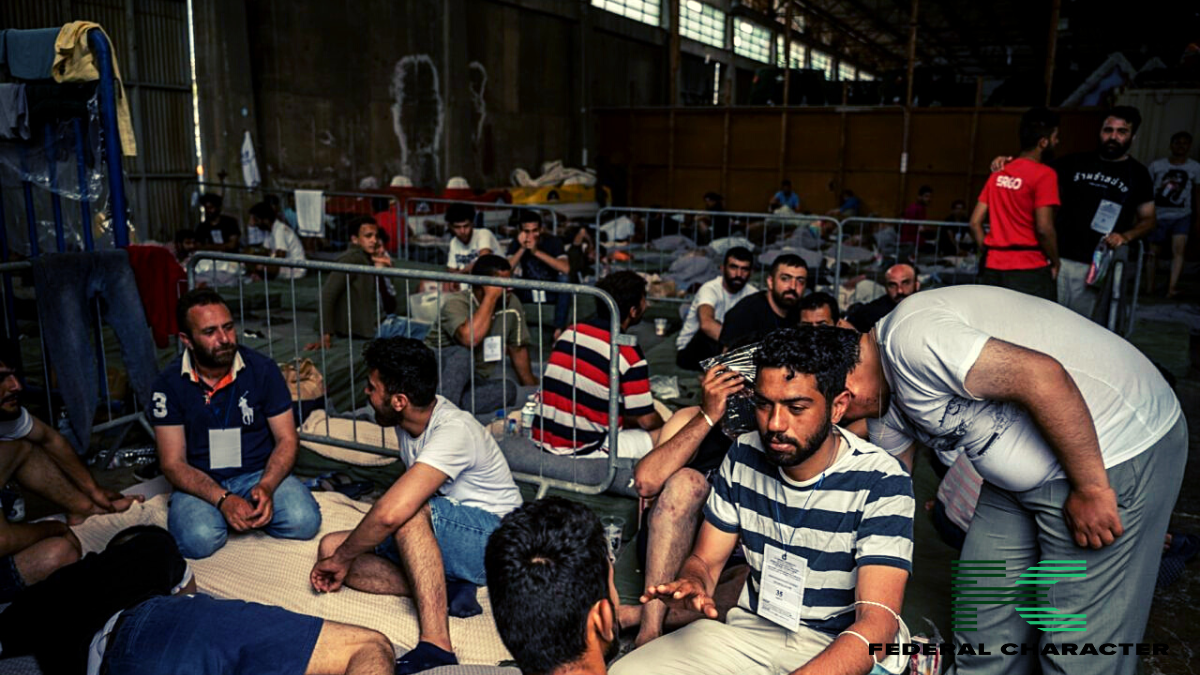Ugonna heaved a sigh of relief as she sat on the kitchen stool. It was 11pm and she had just finished cleaning the kitchen. “I really need a help” she muttered. Her sister, Chika has promised to bring her a 13year old boy from the village when she comes back to the city. “At least, you can rest while he does the housework. Just send money to his parents as often as you can, that way they know you’re taking care of him.” Chika advised.

Quite a number of families – middle class families in Nigeria and Africa have had at least a child lived with them as a domestic help. Some children may be lucky to be in the homes of nice people, some unfortunately are subjected to inhuman punishments, starved, denied quality education etc., while they continually slave in these homes. This practice has gone on for years and is still a trend. Unfortunately, we do not have stringent laws or functioning agencies on the lookout for these evils. While some said agencies are pioneering anti child labour laws, said agencies are riddled with corruption and have a reputation for looking the other way when bribed or simply being inefficient.
In Congo, child manual labour recorded a high rate in cobalt mining. Cobalt is a property of the minerals that make up batteries, mobile phones like IPhones, and electric cars. Congo is recorded to produce 70% of cobalt used in the world but in what condition is cobalt mined? Congo is a country rich in natural resources but overwhelmed by extreme poverty. The children miners are as young as seven years. Also, UNICEF estimates that about 40,000 boys and girls work as miners in southern DRC. Google, Apple, Tesla were recently accused of aiding and abetting in the death and serious injury of children who were claimed to have been working in cobalt mines in their supply chain.

In Nigeria, child labour laws while present aren’t exactly being enforced. You are stuck in traffic and you see children hawking or begging and harassing commuters for money while their ward encourages them. In the case of orphaned children, the eldest who is just a child is usually saddled with the responsibility of providing for his/her sibling. Poverty is one of the driving factor for child labour in Africa as most of what is earned is usually used to feed.
In 2003, President Obasanjo signed the Child Rights Act, to protect the interest and rights of the Nigerian child. But unfortunately, various factors are preventing the law from being enforced. Poverty, illiteracy, cultural beliefs, religious prejudices are some of the reasons that have actually affected the efficacy of the Child Rights Act implementation in Nigeria. The International Labour Organization says that 43 percent of Nigerian children are involved in various forms of child labour, despite international conventions banning it.
Until the ban is fully implemented, many Nigerian children will continually be robbed of the joys of childhood.














